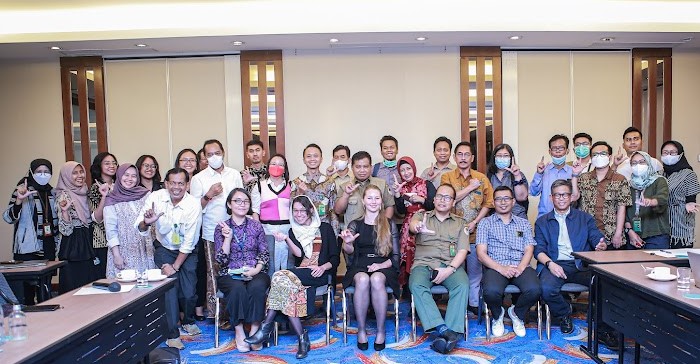Illegal logging and the illegal cross-border trade in timber have been identified as one of the main drivers of global deforestation and forest degradation. More seriously, it contributes to climate change, causing biodiversity loss, land use conflicts, international market distortions, and state revenue losses.
These problems led to the first transnational policy issued in 2003 in Europe, the Forest Law Enforcement, Governance, and Trade (FLEGT) Action Plan. This plan produced two instruments: 1) Voluntary Partnership Agreements (VPA) which are voluntary agreements between countries and 2) European Timber Regulation, which prohibits the circulation of illegal timber products and requires due diligence on timber products that do not have license.
Indonesia is currently the only country that has fully completed its obligations under the VPA. The Lacey Act for the United States and the European Timber Regulation led to follow-up plans in VPA signatory countries. These plans are motivated by a lack of substantial policy support and market demand for FLEGT-licensed legal timber. This has led to the perceived ineffectiveness of FLEGT by some timber-exporting countries.
This ineffectiveness can be seen from the persistence of illegal timber entering the EU market, the lack of demand and recognition of FLEGT-licensed timber, and National TLAS (eg: SVLK), not well known by EU and non-EU markets. Some of this is due to the lack of enforcement by local authorities. The existence of private certified, uncertified/licensed tropical, and non-tropical timber adds competition to national TLAS systems such as SVLK.
For this purpose, Sebijak Institute (Universitas Gadjah Mada) and the University of Freiburg conducted a study on FLEGT implementation. The study observed the implementation of FLEGT in EU Member States, non-EU MS and procurer countries targeted for FLEGT implementation.
Dissemination of the study results has also been conducted in Jakarta, Berlin, and the United Kingdom. The elaborated study results and policy brief can be accessed through the following links:

